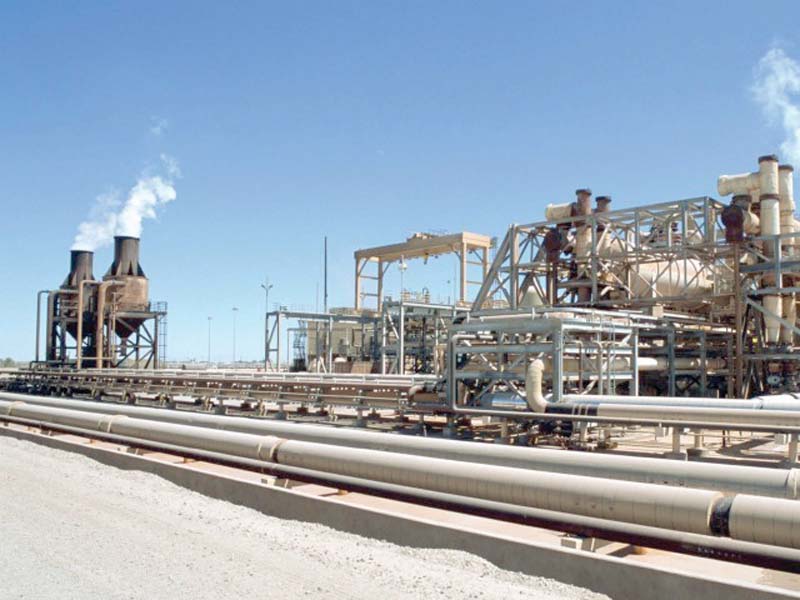
In spite of Oil and Gas Regulatory Authority (Ogra)’s insistence on recovering all the cost related to re-gasified liquefied natural gas (RLNG) from consumers of that fuel, SNGPL has spread the return on assets on other consumers as well.
The regulator had allowed the ring-fencing of UFG on only the transmission network.
The court gave the stay against the high 10.5% UFG that SNGPL was collecting from the textile mills receiving RLNG and the gas utility was allowed imposition of only 4.5% UFG on such consumers on its distribution network.
Moreover, the company had also asked for $0.26 per million British thermal units as RLNG transportation charges from the textile mills retrospectively for the past few months.
The court issued a stay order in this case too. This will hurt the utility’s earnings as issues related to gas companies have remained under stay orders for the last few years.
The stay order means that earnings estimates of SNGPL, which caters to the gas demand from Punjab and Khyber-Pakhtunkhwa, may be revised according to the outcome of the case.
In a hearing at the Lahore High Court, all the petitioners said they were engaged in the manufacturing and sale of different textile goods, most of which were exported to international markets.
For this purpose, they said, the manufacturing units had been established in the area falling within the jurisdiction of the respondent gas distribution company.
They said textile manufacturing was a continuous process that required uninterrupted power supply. In the aftermath of acute shortage of electricity, initially the mills were encouraged to establish their own power generation plants with huge investments. They were promised natural gas supply round the clock for running the plants.
However, the mills of Punjab having no other option were compelled to run purely on RLNG, without even settling legal implications, complications and modalities with regard to pricing and supply.
They argued that SNGPL had issued RLNG bills including huge amounts under the head of adjustments to the entire textile industry running into millions of rupees for every consumer and giving them just two days to make payments.
“This short time period in the present situation is next to impossible, resultantly if protection is not provided by the court, there are serious apprehensions that a huge number of mills will be disconnected in two days,” the petitioners said.
Published in The Express Tribune, November 15th, 2016.
Like Business on Facebook, follow @TribuneBiz on Twitter to stay informed and join in the conversation.






1719053250-0/BeFunky-collage-(5)1719053250-0-270x192.webp)










COMMENTS
Comments are moderated and generally will be posted if they are on-topic and not abusive.
For more information, please see our Comments FAQ